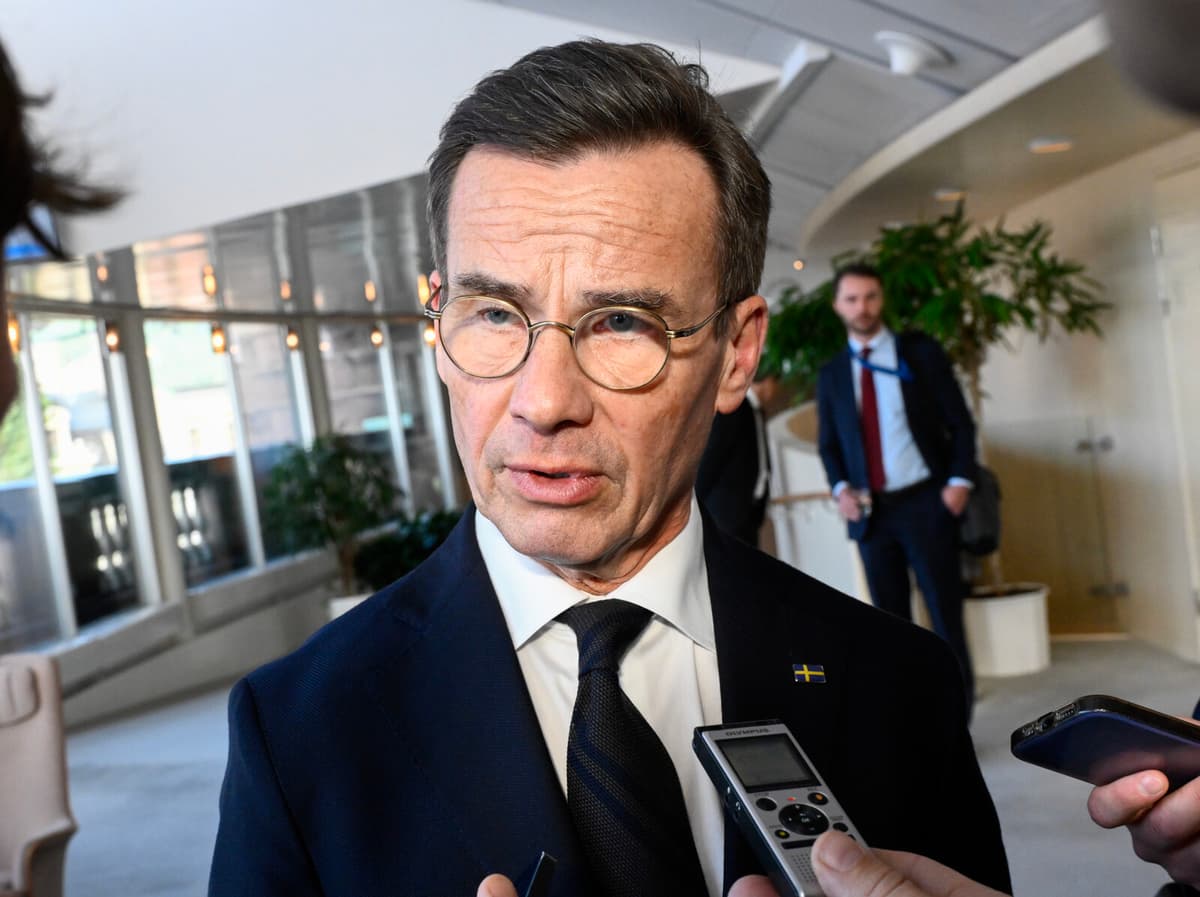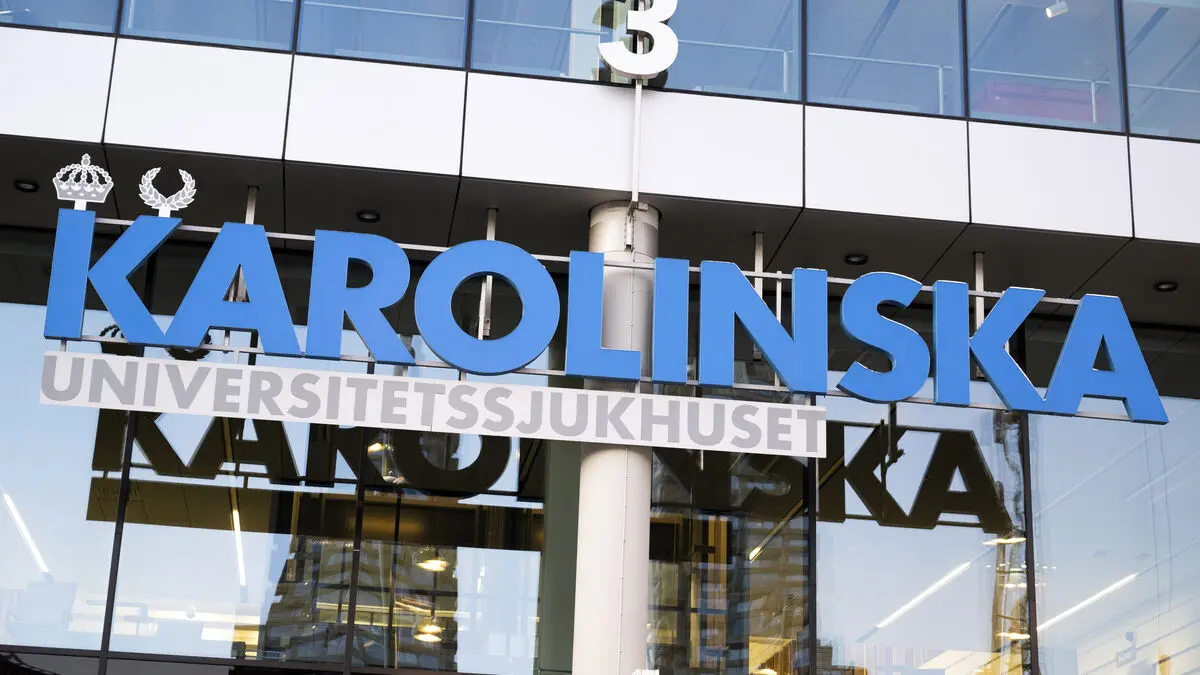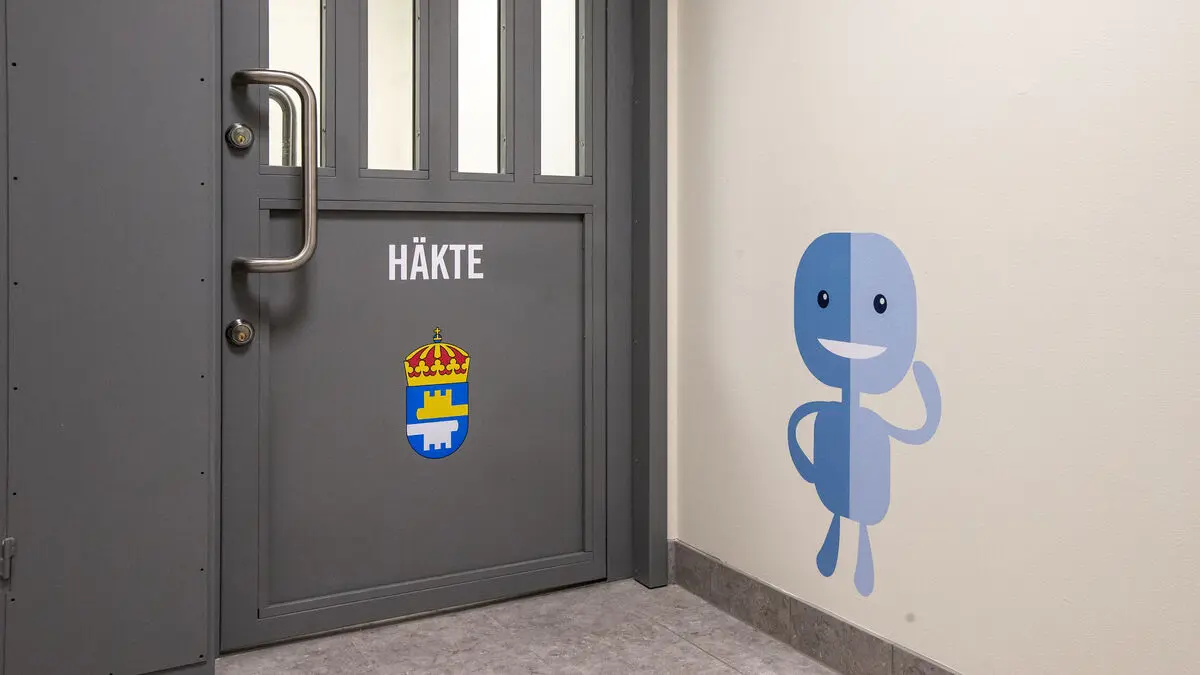The government's stance was that herring fishing in the central Baltic Sea would decrease compared to what the EU Commission had proposed.
That's not what's happening. Instead, the quotas are being doubled, which became clear on Tuesday morning.
Prime Minister Ulf Kristersson regrets that Sweden did not get a hearing among the other EU countries.
We did everything we could to go in the opposite direction, and we didn't get a majority for it, simply. Now it's less than if Sweden hadn't acted, says Kristersson after a report back to the Riksdag from last week's EU summit.
If Sweden had gone further and pushed for a stop or a pause in industrial fishing in the central Baltic Sea, Sweden would not have participated in the talks in the same way, according to Kristersson.
"Death sentence for the Baltic Sea"
If we hadn't been part of the talks, it would have been an even worse result. Sometimes you're not in the majority, and this is an issue we will continue to drive.
The Centre Party is calling the decision a "death sentence for the Baltic Sea", and the Green Party is describing it as "the sea is on the verge of collapse".
We are also very concerned, there is an obvious risk of overfishing. It's a classic problem when many countries look out for their own interests without seeing the common good, says Ulf Kristersson.
Other species affected
The Swedish Society for Nature Conservation is also critical and is calling the decision a "death blow to herring and sprat".
"The stocks are at dramatically low levels. Yet, the Council of Ministers decided to double the fishing of herring in the central Baltic Sea, and increase it by over 20 percent in the Bothnian Bay. This could mean a death blow to unique stocks, and also have major consequences for other species, coastal fishing, and the sensitive marine environment of the Baltic Sea", says Chairperson Beatrice Rindevall in a press release.
This is what next year's fishing quotas look like for the Baltic Sea (compared to 2024 in percent in parentheses):
Herring in the Bothnian Sea and Bay: 66,466 tons (+21 percent)
Herring in western Baltic Sea: 788 tons, only as bycatch, but with the possibility for small-scale fishing (unchanged)
Herring in central Baltic Sea: 83,881 tons (+108)
Herring in the Riga Bay: 41,635 tons (+10)
Cod in eastern Baltic Sea: 430 tons, only as bycatch (-28)
Cod in western Baltic Sea: 266 tons, only as bycatch (-21)
Pikeperch: 11,313 tons (unchanged)
Baltic herring: 139,500 tons (-31)
Salmon in the Baltic Sea: 34,787 individuals (-36)
Salmon in the Finnish Bay: 8,117 individuals (-20)
Source: EU Council of Ministers






